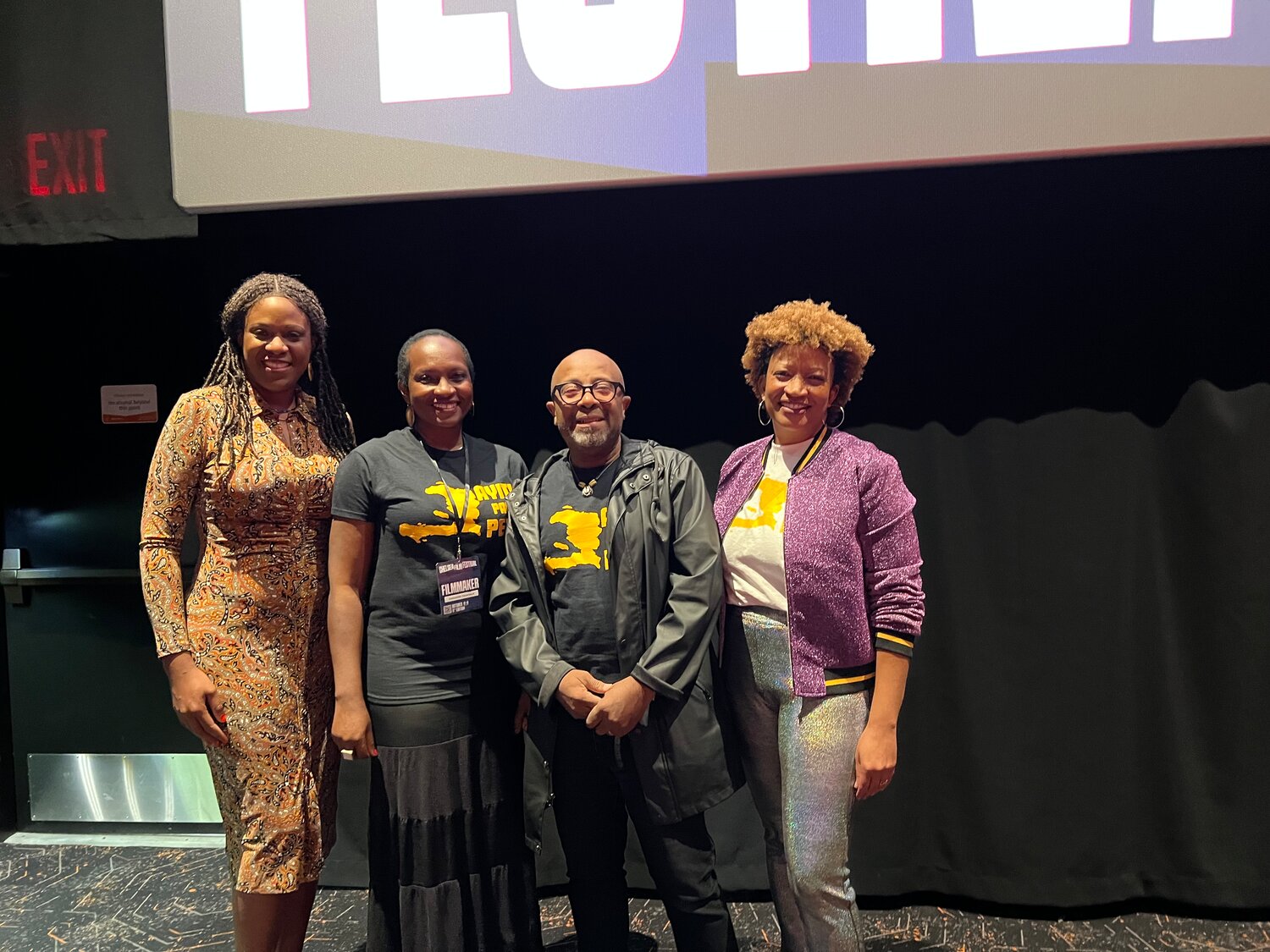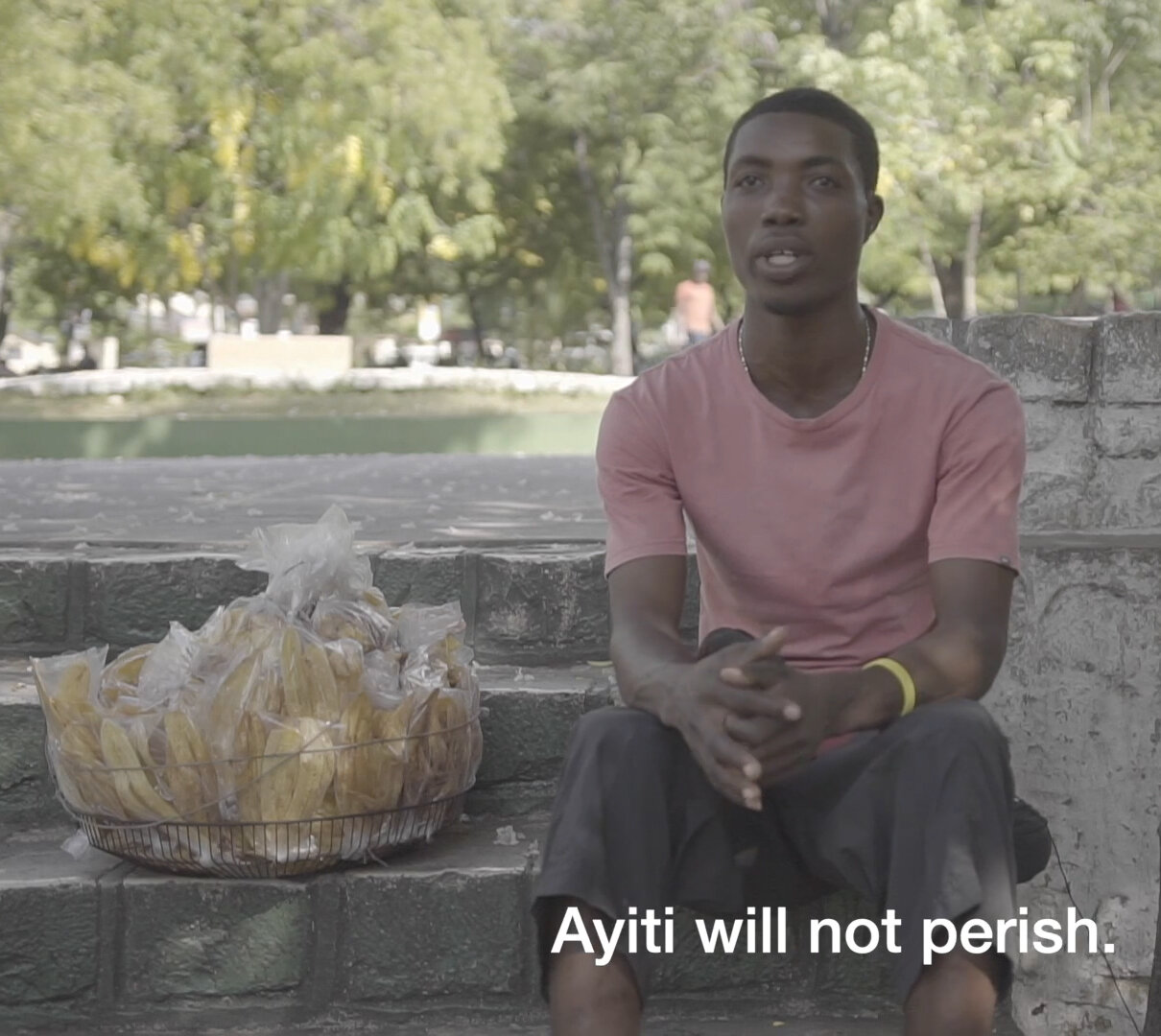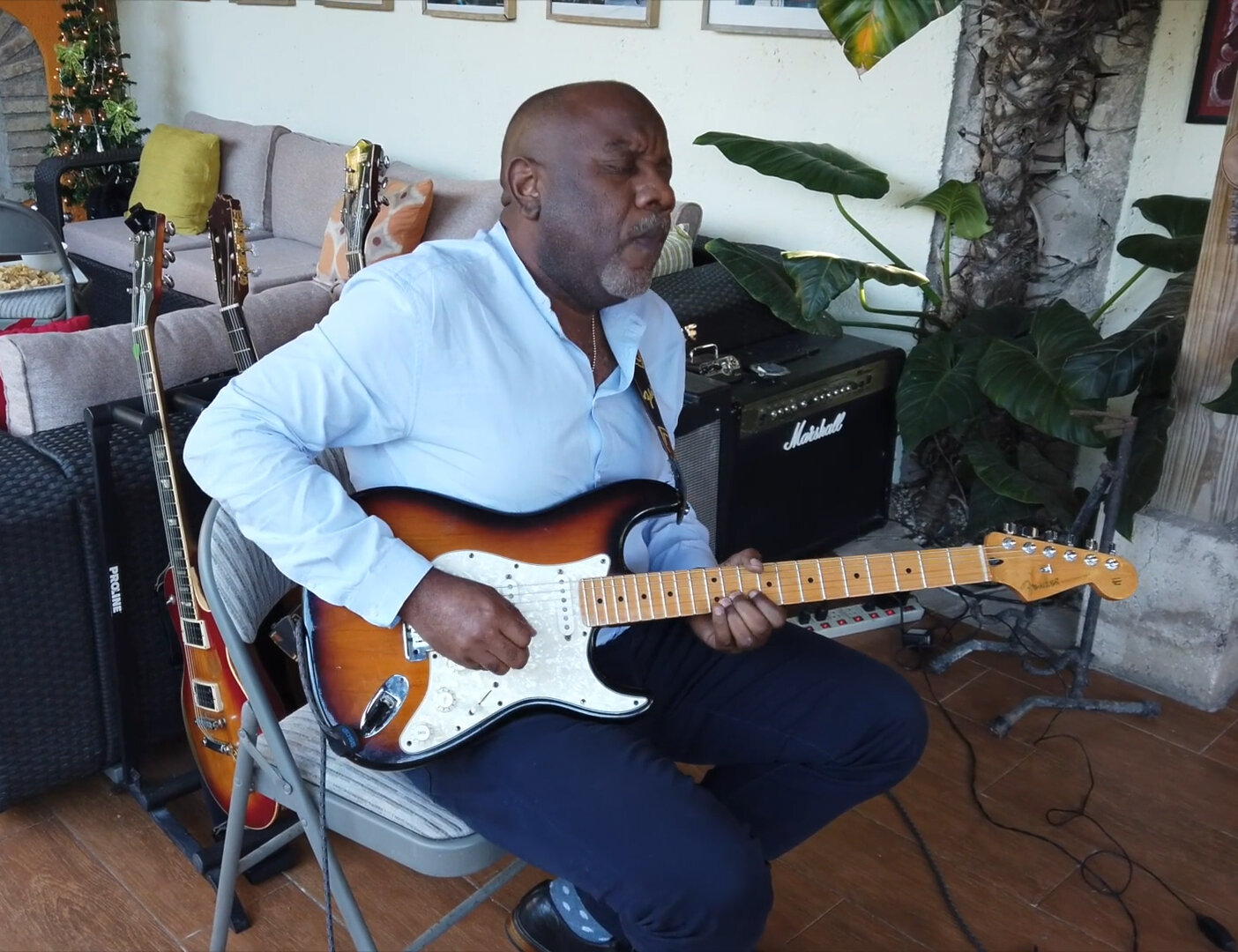“Ayiti Pap Peri” selected for Chelsea Film Festival
Documentary’s message reaches a broader platform
For a locale such as Uniondale, which has a significant contingent of Haitian-born and Haitian-descent residents, the message in Cassandre Thrasybule’s “Ayiti Pap Peri” holds intense meaning and a call to action.
Thrasybule’s documentary premiered at Hofstra University on June 30. While the film acknowledges the island nation’s grave problems of gang warfare, economic insecurity, and natural disasters, the message is one of hope.
The film depicts the resilience and ingenuity of Haitians who have brought education for children, education for farmers, and financial wealth to their struggling country, either through persistently remaining there through disasters like the 2010 and 2023 earthquakes, or returning from the United States to start new businesses and schools in their homeland, or contributing financially from the Haitian diaspora.
From the June 30 premiere, “Ayiti Pap Peri,” which means “Haiti will not perish,” picked up another big credential through its selection to be displayed last weekend at the Chelsea Film Festival, 11th edition 2023.
The festival took place at the vast multiplex Regal Union Square theatre in Manhattan. “Ayiti Pap Peri” was shown on Saturday evening.
In the Q&A after the film concluded, its message was magnified as four members of the film’s extensive team described what they endured in order to get it made at all.
When choosing participants who would be profiled in the documentary, Thrasybule said she looked for people who were sincerely working to do good in Haiti, not temporarily, but for the long term.
“I wanted to make sure that five years down the line, six years down the line, those people would still be working for Haiti,” Thrasybule said, “because we have so many challenges, so many obstacles in Haiti. … We started the process in 2019 and we are now in 2023, and all of my participants are still in Haiti.”
Filming was, in itself, not only a financial challenge, but a potentially mortal risk.
“It’s a huge challenge for us all, Nikita, Patrick, Cassandre, and everyone who travels to Haiti,” said Naika Charles D’Haiti, co-founder of Project Saint Anne, a nonprofit that educates and feeds children in Camp-Perrin on Haiti’s western peninsula, “to actually get there safely to do the work and to continuously go back. We traveled to Haiti because we need to do the work ourselves, as Haitian people.”
The proliferation of gangs in Haiti sometimes influenced the travel schedule.
“Each time I’m going, you always hear about something happening, unfortunately, and I keep asking myself, is it worth it?” said Thrasybule. “Should I go risk my life? Because that’s what it was.”
To get from the Port-au-Prince airport to a location called Vallue, where diaspora entrepreneur Dr. Nikita Sejour and her husband established Hotelierie Villa Ban-Yen, Thrasybule had to pass through a gang-infested area that was particularly dangerous between 3 and 5 p.m.
“So I think I landed about 1:30,” said Thrasybule, and her friends “picked me up and said, we have to go now, before 3:00. All those risk factors, yeah.”
The aspect that made the project worthwhile, said film editor Patrick Ulysse, was the message of hope it carried for Haitians because it represented a range of societal groups persisting through the difficulties.
“The doctors will be able to see, as a doctor, I can do this,” said Ulysse. “Teachers will be able to say, as a teacher, I can do this. The philanthropists, the musicians — I think everybody will get the idea of, if they can do it, I can do it too.”
Sejour summed up the tremendous draw that their homeland has for the documentary’s team, motivating them to continue their restorative work.
“It’s the country, it’s the weather, it’s the air that we breathe,” said Sejour. “It’s the people, and the diversity. It’s so beautifully diverse that you can be from anywhere in the Caribbean, but when you’re from Haiti, you have the ‘it’ factor.”

 78.0°,
Mostly Cloudy
78.0°,
Mostly Cloudy 









